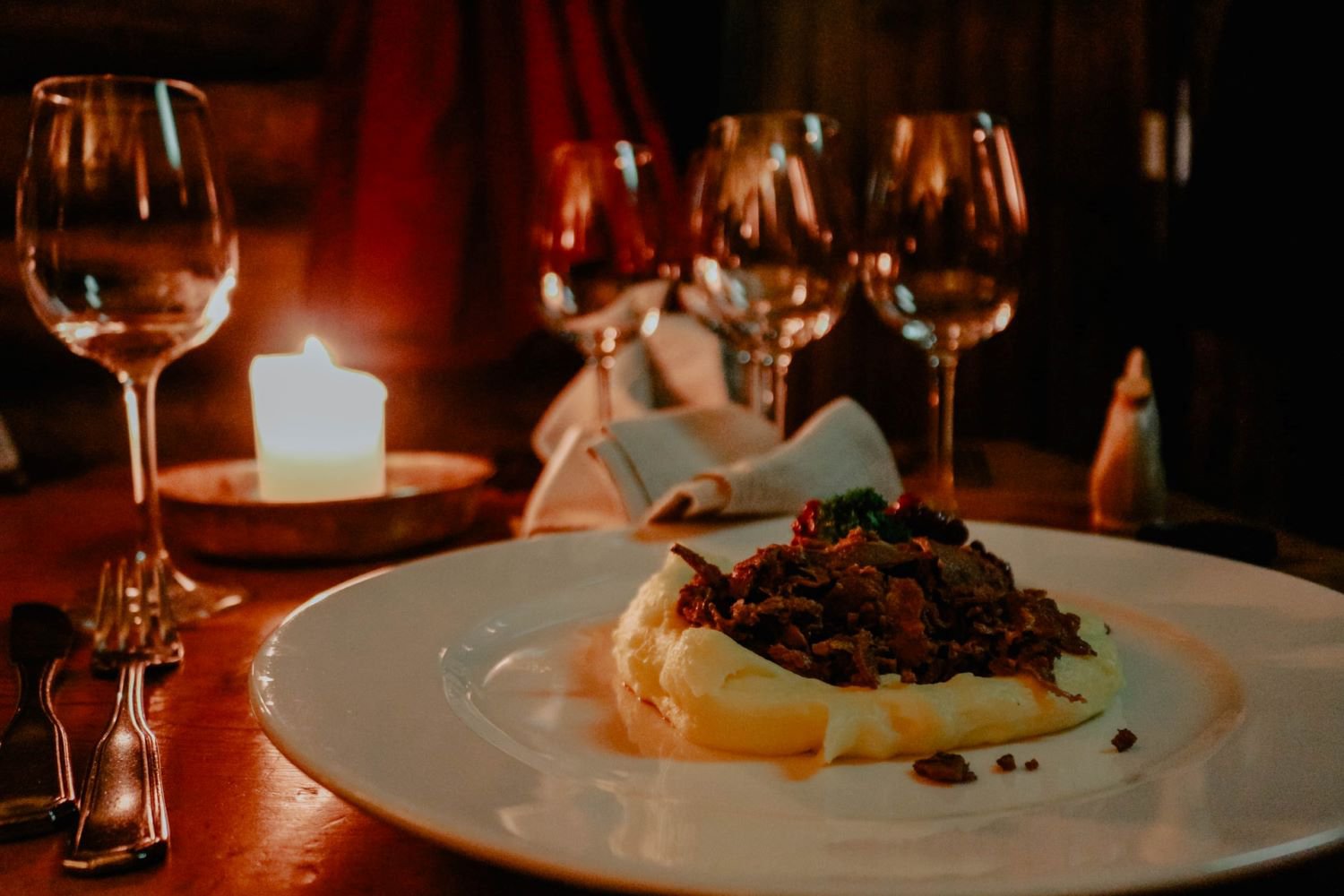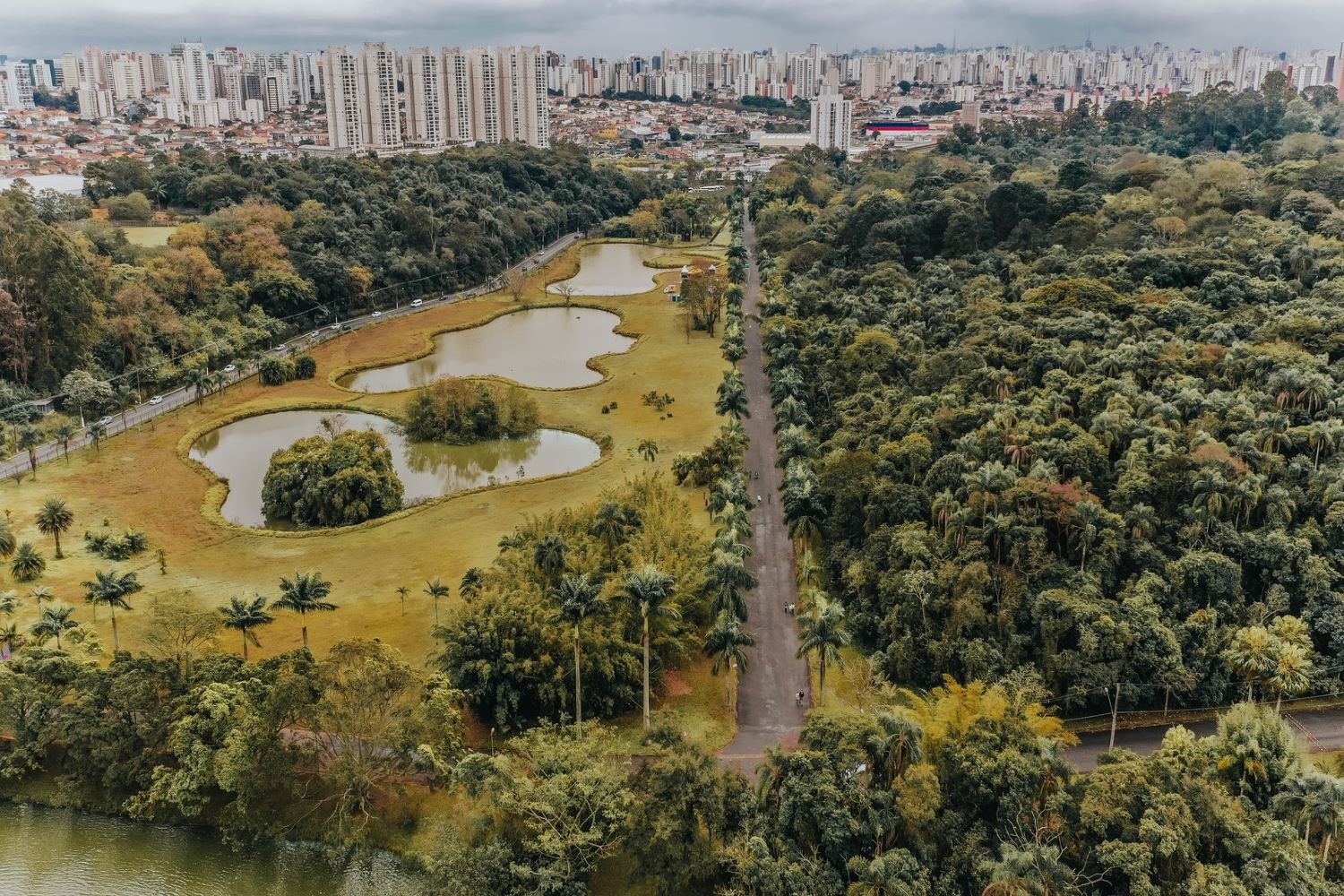The history of Central Park is fascinating. It is one of if not the most famous parks in the world. But why was Central Park built?” It may surprise you.

Which Meal Is Dinner, Lunch, Or Supper?
When you have a meal at the end of the day, what do you call it? Is it supper or dinner? Well, your answer depends on how old you are and where you grew up. Dining habits have changed, and the meaning of the words has altered. So when someone refers to dinner, which meal is dinner, lunch, or supper?
When referring to a meal you have in the evening, you’re likely to use the words dinner and supper. However, dinner is a more formal word to some people. Any light meal or snack generally eaten late in the evening is referred to as supper in British English.
Dinner hours in a contemporary restaurant are usually during the evening or late in the afternoon. In addition, the restaurant might also serve lunch between 11:am and 2 pm or change those hours to accommodate a weekend brunch. The one meal we can rule out is breakfast. There’s no confusion that the first meal of the day has never been known as dinner. Although some would argue it still maintains its place as the most important meal of the day. And still others would make it available as any meal of the day.

The Difference Between Dinner And Supper
People have just recently started using dinner to refer to the last meal of the day, which for many, is also the main meal of the day. This meal used to be held around slightly after the time we allot for lunch nowadays. Supper at the time referred to a lighter meal that people would take at the end or toward the end of the day.
If you’re still wondering, “what’s the difference between supper and dinner,” take a look at the following example:
Upon reading Where the Wild Things Are, a children’s classic by Maurice Sendak, the scene where Max was sent to bed without having his supper will leave you drowning in pity. If you use dinner or supper in the same context, you might think it was cruel to let Max go to bed hungry, but he had already eaten the day’s main meal in reality.
His supper is hot in his room waiting for him after returning from his brouhaha with the Wild Things. We make distinctions between dinner and lunch the same way 18th, and 19th-century British writers did. The South and Midwest farming communities in the United States also used this distinction. 20th-century American writers also used the terms supper and dinner as two different events.
The Last Supper
Let’s try to answer the question “what’s the difference between dinner and supper” looking at the term supper and its usage in Christian theology. The term supper carries a connotation of things coming to an end. The Last Supper is the most famous, and Leonardo da Vinci immortalized it in art. This event came to be when Jesus sat to eat with his disciples before he was crucified and laid the groundwork for what we know as Eucharist.

How Supper Turned To Dinner
By now, you know the difference between what is supper and dinner. Let’s now look into the historical origin of supper. In English, dinner and supper have similar verbs. Dinner originated from the Anglo-French verb disner, referring to “dine” via Middle English.
The Anglo-French word super referring to the noun for “soup” is the related etymon for supper. Supper was typically a light meal similar to soup. This was most likely something that was simmering throughout the day on the stove. So what made us change the dinner hour to the evening hour?
Well, for one, people had changes in their daily schedules. Due to the industrial revolution, it became impossible for Americans to come back home and have their main meal in the middle of the day. So, what we knew as dinner then was pushed towards the evening after the workers came home.
We then adopted the light midday meal as lunch in place of dinner. The word lunch was adopted as a form of luncheon. Luncheon is an altered form of nuncheon: a light snack.
The Middle English word nonshench, which refers to midday refreshment, was formed from two words: non- “noon” and schench, “drink.” It is, therefore, reasonable to assume that different generations of speakers, who were used to referring to the day’s last meal as supper, continued using it for the day’s main meal, thereby leading to its confusion with dinner.

